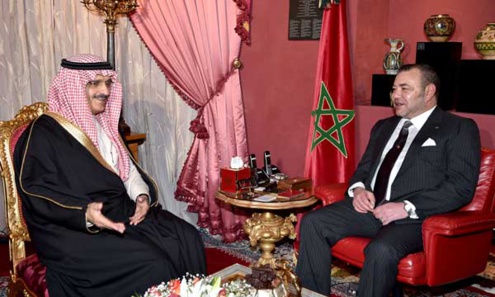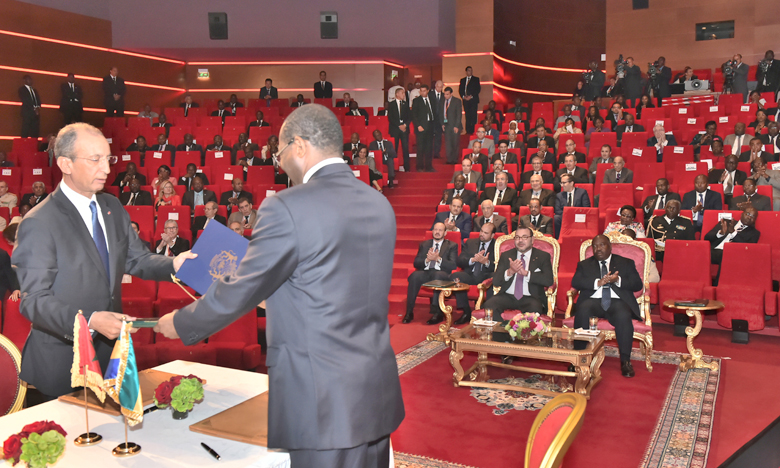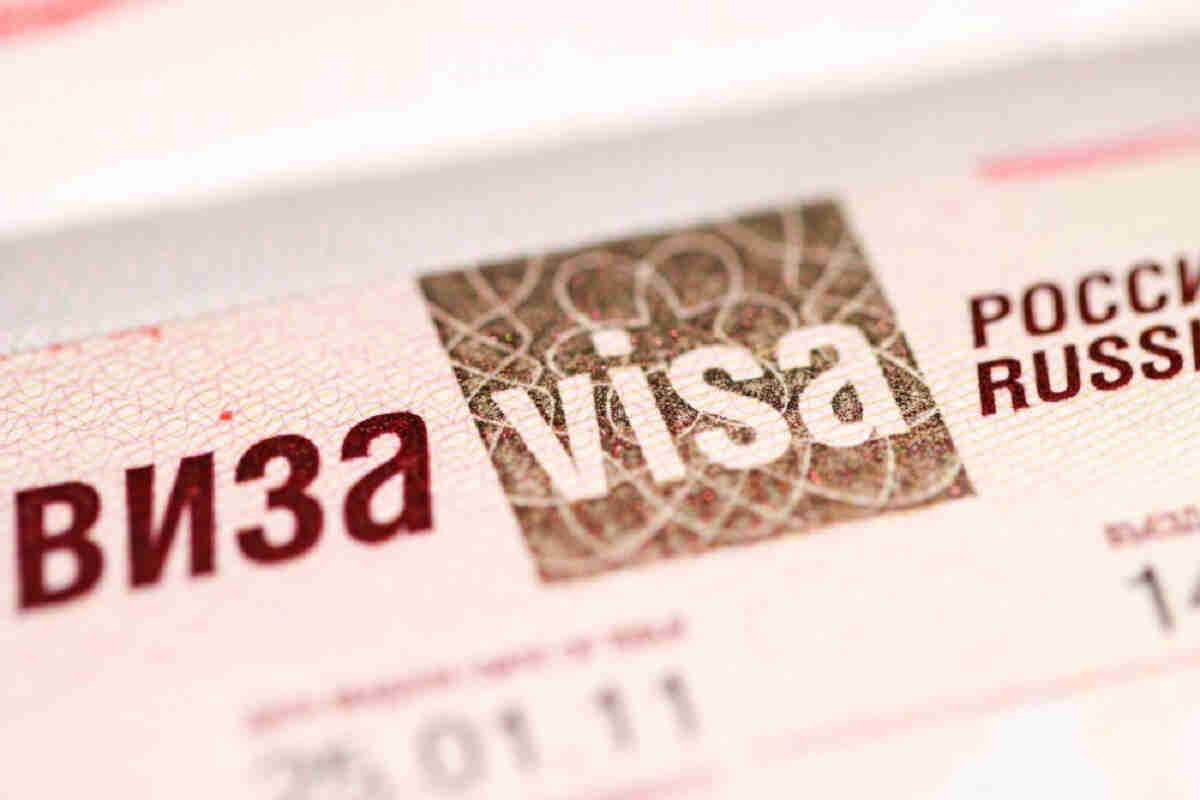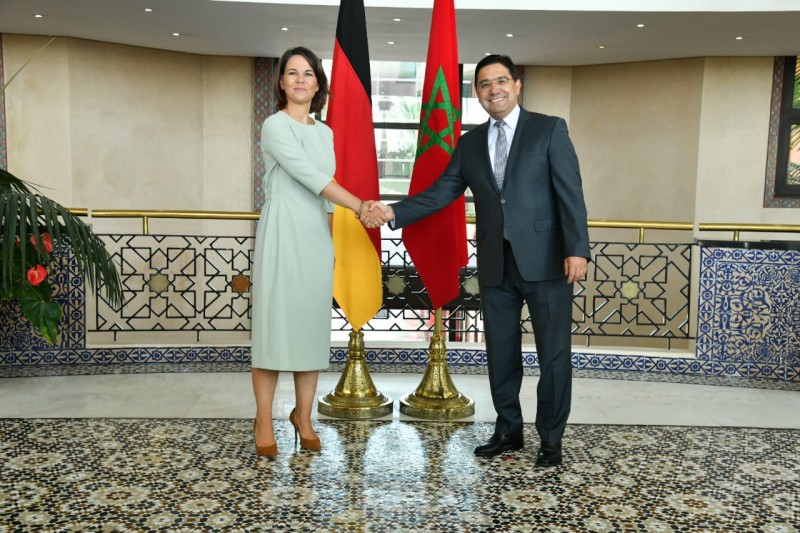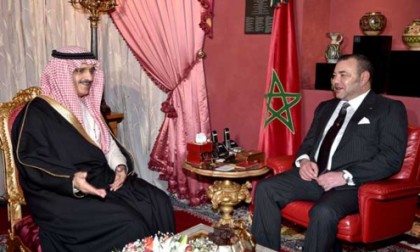 There is every indication that Morocco and Saudi Arabia are poised to enhance their cooperation in matters of anti-terrorism struggle and to further the coordination of their efforts in security and intelligence sharing.
There is every indication that Morocco and Saudi Arabia are poised to enhance their cooperation in matters of anti-terrorism struggle and to further the coordination of their efforts in security and intelligence sharing.
The message addressed on Monday by King Abdullah Ben Abdelaziz of Saudi Arabia to Morocco’s Mohammed VI surely falls in the context of regular consultations between the two heads of State on these sensitive issues.
Although no details on the content of the message were revealed, the fact that it was conveyed by the head of the Saudi intelligence agency, Prince Khaled Ben Bandar Ben Abdelaziz, in the presence of his Moroccan counterpart, Mohamed Yassine Mansouri, hints that the message was undoubtedly related to the two kingdom’s cooperation in matters of security and intelligence and their joint efforts to face the mounting terrorist threats that are sparing no part of the world.
This latest consultation between the two countries takes place at a time Saudi Arabia is facing many security challenges, mainly the threat of the Islamic State group at its northern borders and the terrorist threats coming from Yemen at its southern border.
Meanwhile, Morocco is frequently cited by terrorist groups as a potential target of jihadist operations.
However, the way Morocco has addressed the terrorism problem is deemed by many countries and pundits as proactive and constructive.
Besides, Morocco is constantly trying to upgrade its anti-terrorism vigilance as it did in October last year through the deployment of a new mechanism, dubbed “Hadar.”
The new mechanism, involving the Royal Armed Forces, the Royal Gendarmerie, the Police and the Auxiliary Forces has since been deployed in various sensitive sites throughout the country.
Morocco’s strategy, combined with its skillful intelligence services, proved fruitful as it enabled the North African country not only to dismantle a number of terrorist cells that were plotting attacks at home but also to alert several countries, mainly in Europe and Africa, about pending assaults.
Thanks to its experience in anti-terrorism struggle, Morocco is often solicited by other countries for help. In this vein, the North African country announced in October 2014 that it would provide military and intelligence support to the United Arab Emirates, member of the Gulf Cooperation Council (GCC,) to actively assist the country in its anti-terrorism struggle.
Earlier in 2014, , precisely in August, Morocco dispatched a contingent of soldiers to Saudi Arabia, also member of the GCC, to assist the Saudi National Guard monitor the borders with Iraq.
In view of the new challenges, it is quite understandable that the longstanding partnership existing between Morocco and the Gulf Cooperation Council members which was till a recent date focused on economic cooperation is now being enlarged to strategic and security cooperation, the aim being to bolster their joint efforts to maintain regional and international peace and stability.
